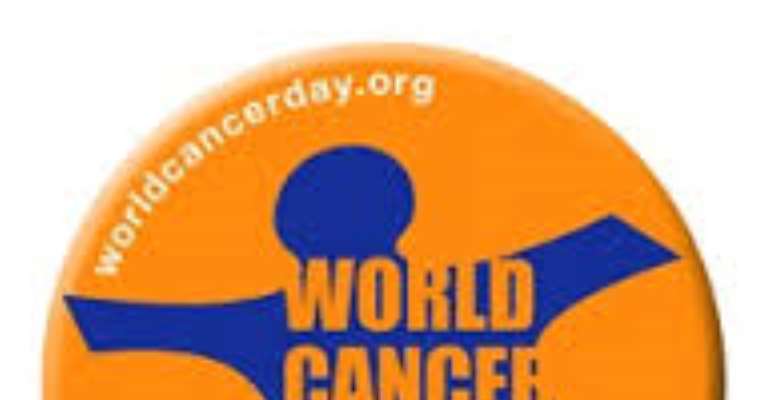Dealing with the cancer scourge – Thisday

Time for the authorities to get the necessary health equipment in addition to creating awareness to curtail the epidemic
Tuesday was World Cancer Day, a day set aside every year to raise awareness about the deadly disease while pressing governments and other critical stakeholders to take action against the scourge. Unfortunately, not much of that awareness was created in our country even when no fewer than 10 Nigerians die every hour from cancer going by statistics from the National Cancer Prevention Programme (NCPP). Even more worrisome is the fact that even when some of the victims are properly diagnosed, they remain helpless because there are no facilities to treat them. The alarming rate of death from cancer therefore points to the state of our medical institutions.
It is bad enough that cancer is a terminal disease, but it is worse that most Nigerian medical centres lack the diagnostic capacity to quickly detect and treat cancer infections. This has greatly compounded the problem, forcing several Nigerians to travel to countries like India, the Emirates, United Kingdom, etc., in search of treatment for the disease. The economic consequence of this is that it has led to so much capital flight while most medical experts are now agreed that the disease has become an important health care concern for the country.
It is indeed curious that despite avowals by successive governments that health care is one of its core agenda, it is becoming increasingly difficult to see the impact on the citizenry even with the existence of the National Health Insurance Scheme. The pertinent questions remain: Why is the government finding it difficult to equip one or two hospitals in the country to serve as cancer treatment centre of excellence? Why is it that a country with an estimated population of 150 million people has only six radiotherapy centres when the World Health Organisation (WHO) recommendation is to have one per 250,000 persons?
Further complicating the situation is the very low awareness of the scourge among Nigerians but more among women, especially rural women. The Federal Ministry of Health and the National Orientation Agency are yet to create the level of awareness that would bring sufferers to the danger of the cancer scourge. Instructively, the most common types of cancer in Nigeria are carcinoma of the uterine cervix and breast for women and liver and prostate cancers for men over 40 years. But what is responsible for the growth of cancer scourge in Nigeria? Although medical experts differ somewhat as to the exact causes of the disease, there seem to be some agreement that the major cause is the habit of the people which is not helped by government policy or lack of one. For instance, while most countries are making stringent laws against Tobacco, our government seems to be encouraging it.
The burden of cancer in Nigeria is enormous. According to the WHO, it is feared that by 2020, cancer incidence for Nigerian males and females may rise to 90.7/100,000 and 100.9/100,000, respectively. It is also estimated that by 2020, death rate from cancer for Nigerian males and females may reach 72.7/100,000 and 76/100,000 respectively.
All said, we believe that the task of saving its citizens from the cancer scourge remains essentially with government which has to provide both the basic facilities to combat the disease and to create the enabling environment that can facilitate the collaboration of the private sector in tackling the menace. Increased awareness campaigns, improvements in public health and increased funding for health care initiatives – by government, donor agencies, and development partners – are all likely to lead to a decrease in the incidence of this killer disease. Nigerians themselves must also begin to imbibe the culture of regular medical check-ups so they can commence treatment of any diagnosed ailment promptly before it gets too late. Regular exercise, losing weight and imbibing the culture of health maintenance could reduce the risk by 50 per cent.
